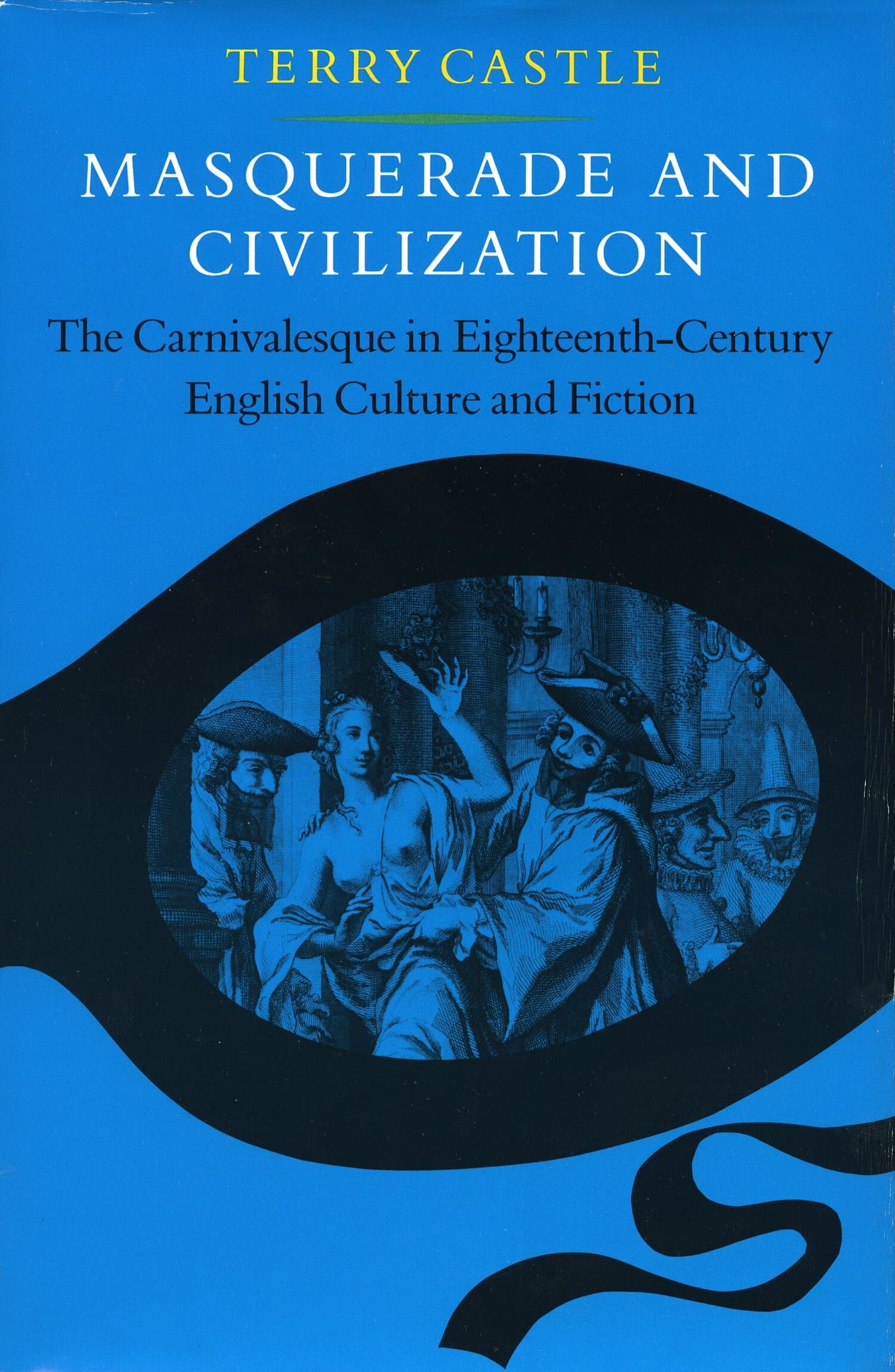Crowds

Anyone who has ever experienced a sporting event in a large stadium knows the energy that emanates from stands full of fans cheering on their teams. Although "the masses" have long held a thoroughly bad reputation in politics and culture, literary critic and avid sports fan Hans Ulrich Gumbrecht finds powerful, as yet unexplored reasons to sing the praises of crowds. Drawing on his experiences as a spectator in the stadiums of South America, Germany, and the US, Gumbrecht presents the stadium as "a ritual of intensity," thereby offering a different lens through which we might capture and even appreciate the dynamic of the masses.
In presenting this alternate view, Gumbrecht enters into conversation with thinkers who were more critical of the potential of the masses, such as Gustave Le Bon, Friedrich Nietzsche, Sigmund Freud, José Ortega y Gasset, Elias Canetti, Siegfried Kracauer, T. W. Adorno, or Max Horkheimer. A preface explores college crowds as a uniquely specific phenomenon of American culture.
Pairing philosophical rigor with the enthusiasm of a true fan, Gumbrecht writes from the inside and suggests that being part of a crowd opens us up to an experience beyond ourselves.
—Neue Zürcher Zeitung
"[Gumbrecht's] new book takes an empathetic look at the elation of fans like me, on nights like the one I experienced eight years ago [at the Pittsurgh Pirates playoff game against the Cincinnati Reds]. In a synoptic history, Gumbrecht explores both fear of crowds, of their violence and unreason—going back, via Freud and José Ortega y Gasset, to Gustave Le Bon's Psychologie des Foules in 1895—and implausible hopes for their political efficacy, from the French Revolution to the fall of the Berlin Wall and the Arab Spring."—Keiran Setiya, Times Literary Supplement
"Seamlessly weav[es] together philosophy, theology, history, politics, and culture with ethnographic participant observation and personal experience... What the book lacks in length, it more than makes up for in its ability to advance readers' theoretical and conceptual understanding of what transpires in so many of the grand settings in which culture is experienced, expressed, consumed, and re-created. As people accept that COVID-19 is here to stay but nevertheless feel the urge to return to normal life and reconvene againen masse, the lessons articulated in this book will be invaluable to sociologists, historians, philosophers, and all scholars who study sport spectatorship and popular-culture fandom. Highly recommended."—J. R. Mitrano, CHOICE
"This small, delightful, and passionate book didn't require the evacuation of crowds from sports stadiums in 2020 to come into being and to make its case. But the ghostly and ghastly memory of empty stadiums during the early pandemic supplies any reading of Gumbrecht's series of energetic essays with a lens that magnifies most of his at once playful and utterly serious claims."—Lutz Koepnick, The German Quarterly




